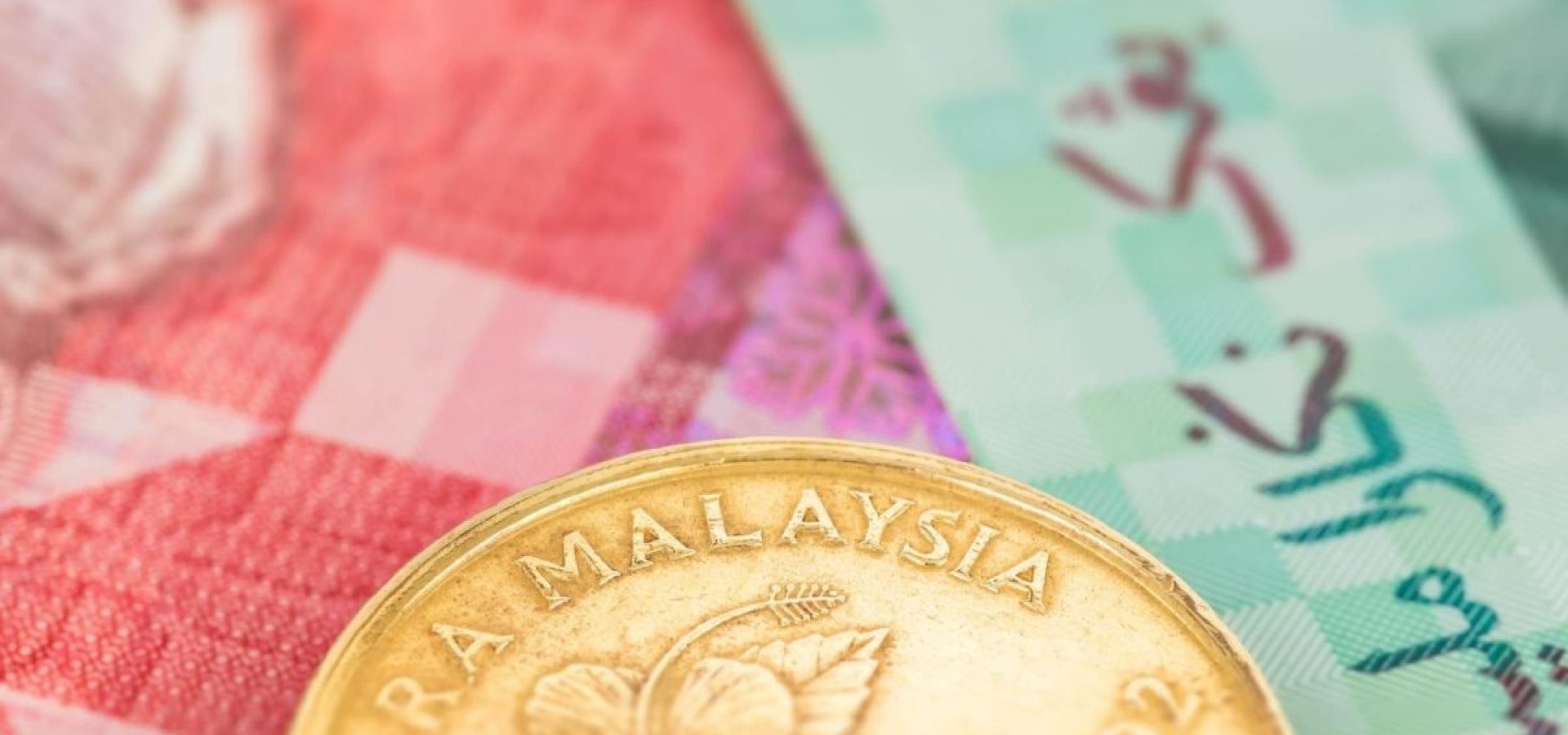Mohamed Azmin Ali is Malaysia’s International Trade and Industry Minister. According to him, the country will start treating coronavirus as an endemic disease around the end of October.
Remarkably, coronavirus would be endemic when the SARS-CoV-2 virus that causes the disease becomes a permanent presence in the community and resumes circulating among individuals. Meanwhile, other endemic diseases include influenza, dengue, and malaria.
As we know, the country has been struggling to stop a rise in daily coronavirus infections. It drove the government to impose multiple rounds of lockdowns. Last month, Malaysia’s central bank downgraded its forecast for 2021 economic growth to 3% to 4%, from 6% to 7.5% previously.
However, its economy has remained resilient. Moreover, Azmin, a senior minister in the current government, reports that the recovery is driven by better external demand and ongoing infrastructure projects.
The minister announced that vaccine affordability and accessibility are key factors in ensuring sustained economic rebound.
As we know, 88% of adults — or about 63% of the entire population — have received at least one dose of the COVID-19 vaccine. Remarkably, more than 75% of Malaysia’s adult population will likely have full vaccination by end of October.
Last week, Khairy Jamaluddin, Health Minister, announced that the Malaysian government will simplify some social-distancing measures. These will come in the following weeks to prepare for a COVID-19 endemic phase. However, he added that face masks will still be a requirement to limit the spread of the coronavirus.
Southeast Asian countries have witnessed a resurgence in coronavirus infections
Meanwhile, Southeast Asian countries, including Indonesia, Thailand, Vietnam, and the Philippines, have witnessed a resurgence in coronavirus infections. Notably, it was caused by the more transmissible delta variant of COVID-19.
A chief economist for ASEAN at HSBC Joseph Incalcaterra, Joseph Incalcaterra, announced that Southeast Asia plays a vital role in the global manufacturing supply chain. Particularly in semiconductors and key apparel.
He added that Malaysia is a major producer of automotive semiconductors, which have been short in supply. However, Incalcaterra added that more manufacturing capacity in Malaysia is coming back online.
Incalcaterra announced that Vietnam is going to have an impact for the weeks and months to come. Notably, It is a key producer of apparel, of different types of clothing especially in the south of the country.
As we know, Vietnam has locked down its largest city and business hub Ho Chi Minh City, located in the south of the country. However, according to the latest news, the city could reopen economic activity in phases starting next week.









COMMENTS